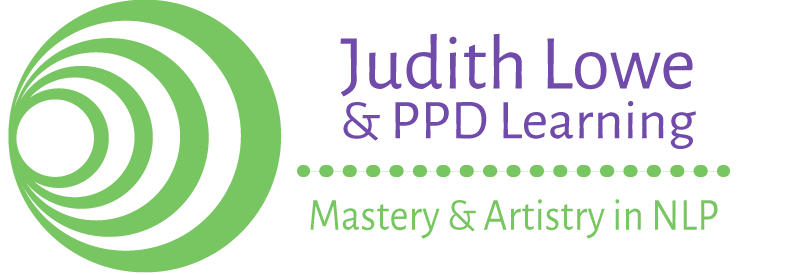Enjoy Public Speaking with NLP -The 2 Biggest Fears (in 3 parts)*
Part 1. “Making a fool of myself”
Reframing and The Inner Game of Performance
Though at first, this advice may not seem specially super helpful, I think it’s only fair to point out that, depending on what you mean by “making” and “fool” , it happens. We can sometimes actually get it wrong, we can…
- forget our main points,- mumble incoherently,- shout out over-effusively,- go on too long,- go on too short,- offer confusing, possibly life-threatening advice,- make inappropriate comments and jokes,- trip over the equipment,- turn up three hours late,-- forget our lines,- forget the bride’s mother’s/ chief exec’s name,- forget our own name…
And worse…(feel free to imagine!)
Basically, public speaking is a nightmare waiting to happen.
Then there are …
undone zips,popped buttons,huge front-facing coffee stains,hiccoughs and farts,snot storms,unplanned profanities in front of dignitaries and children,unrequested songs..
…..whatever.
In-the-moment recovery from the smaller, short term mishaps is possible and a learnable skill.
Deep learning and life-wisdom is the potential transformational gift of the bigger screw ups
. All speakers and performers have messed up at some points in their career. It’s pretty much unavoidable, it’s pretty much life.
The good news is that you can develop the experts’ protocols for dealing with it, refining your ability to learn and reducing errors over time.
In the ‘Preparation – Presentation – Review & Learning’* model there are specific templates, checklists and processes to manage this.
Knowing that bad things can happen to good speakers is just one of the frames that can redirect the focus of your attention towards achievement and success.
Public speaking is an art form and can even for some people become a profound, evolutionary pathway of personal learning.
The very best anyone, even the best of us, can ever hope for is successive approximations to perfection and lots of laughter, tears, panics, excitement and artistic flowering along the way.
With possibly a few dark nights of the soul thrown in.
This is all part of the ‘inner game’ and ‘hero’s journey’ of public speaking – managing yourself and how you feel, and developing persistence and resilience along the way.
In Nate Silver’s recent book ‘The Signal and the Noise’ which is about finding meaningful patterns in information overload, he comments, in one chapter, on the new ‘Moneyball’ type stats approaches in baseball, and he identifies from John Sanders, a scout for the Los Angeles Dodgers, the 5 key ‘ mental toolbox’ attributes of successful players.
- Preparedness and Work Ethic
- Concentration and Focus
- Competitiveness and Self-Confidence
- Stress Management and Humility
- Adaptiveness and Learning Ability
He knows that the players have to deal with a lot of psychological doubts and difficulties and they need to somehow come through the inevitable periods of underperformance. After all even the best hitters fail a majority of the time.
It’s attitude, sense of humour, flexibility of approach – that are, as we say in NLP, ‘the differences that makes the difference’ in the success stats between top performers and the average.
So, making a fool of yourself? In public speaking?
Surely isn’t it already too late to worry? We’ve all ‘made fools’ of ourselves over and over, things go wrong, stuff happens, and so long as there’s breath in our bodies it’s probably going to happen again!
Don’t take it so personally. Relax. Tomorrow is another day. Etc.
“I’ve had a lot of worries in my life, most of which never happened.” Mark Twain
“Sh*t happens” Wisdom of the Ages, on a T shirt near you.
